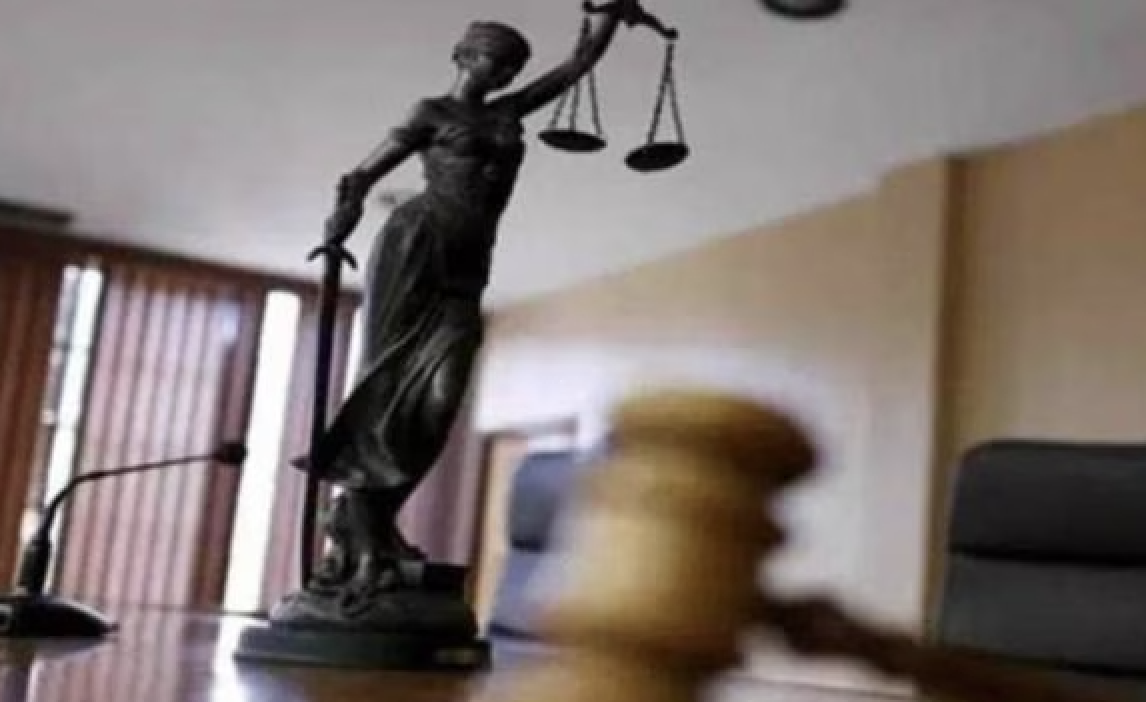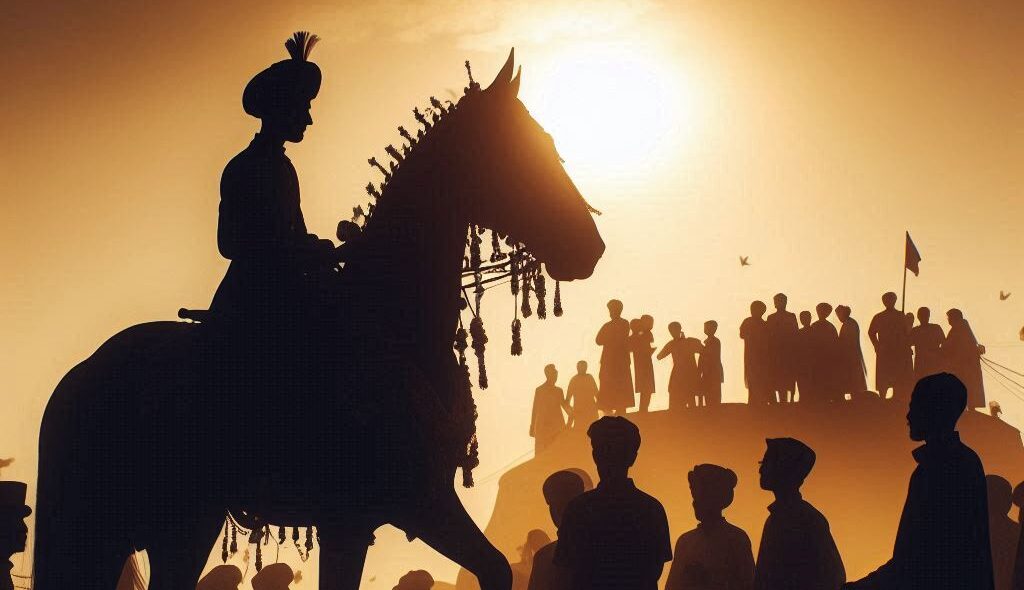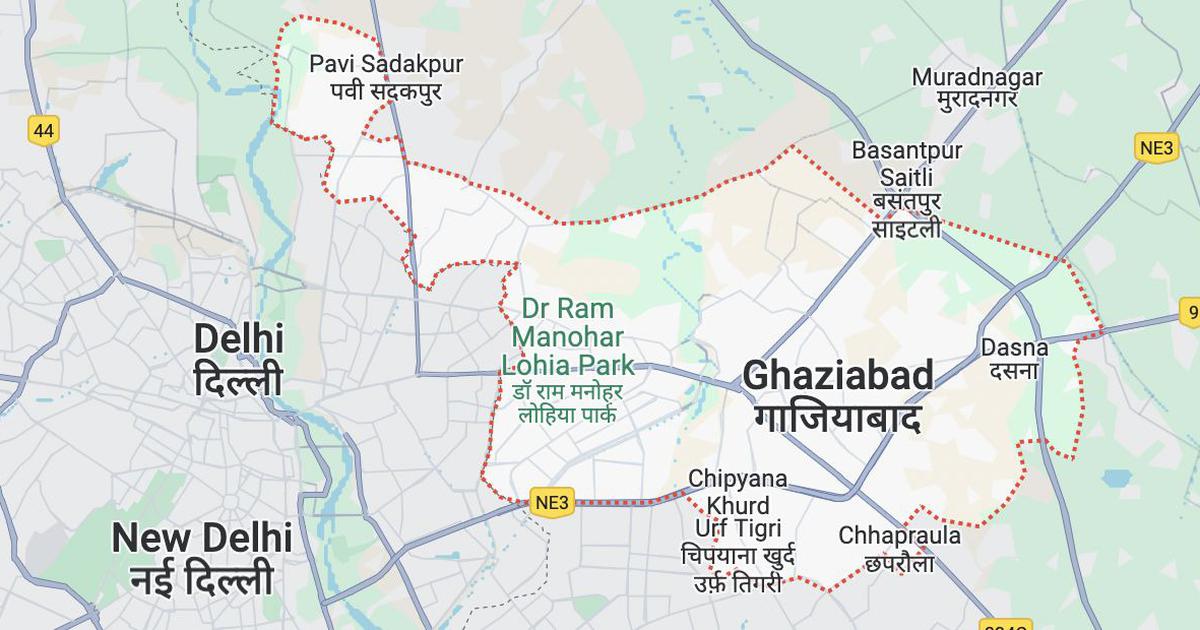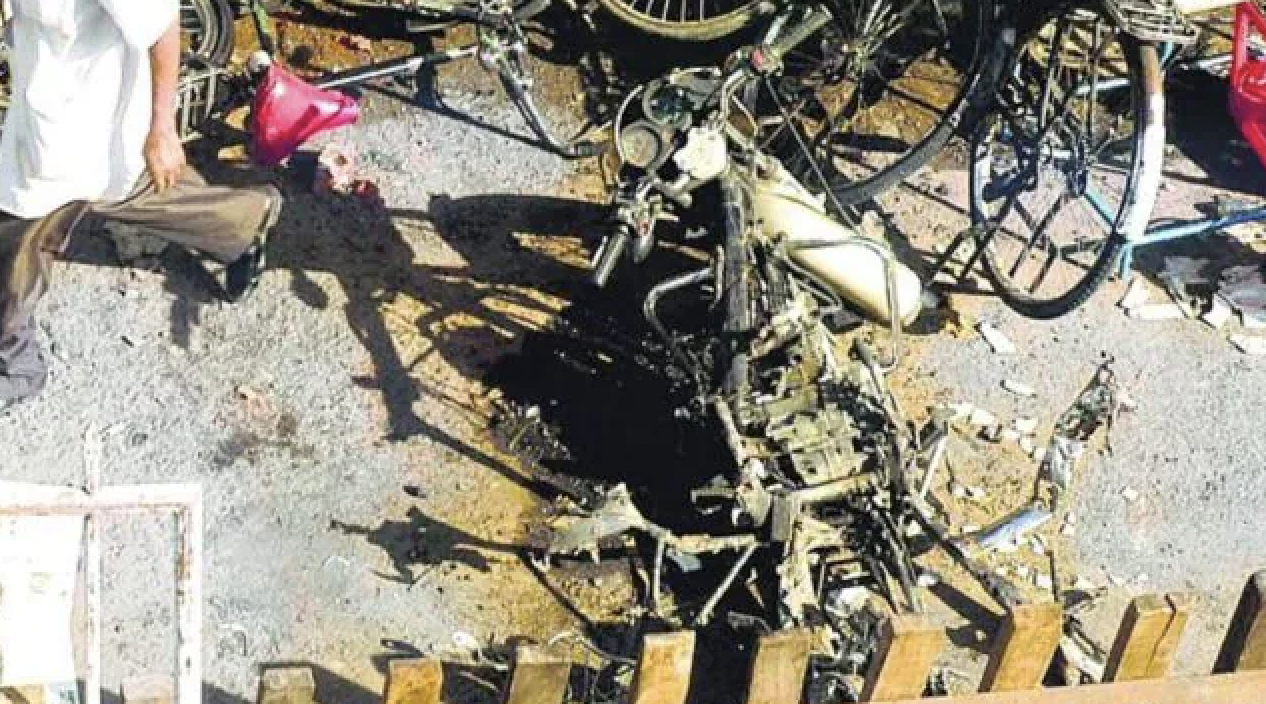By BETWA SHARMA
Delhi: Today marks 1,000 days since political activist Umar Khalid, who holds a doctoral degree from Delhi’s Jawaharlal Nehru University (JNU), was jailed in the Delhi riots conspiracy case on 13 September 2020.
Khalid, 35, is among 18 people, including students and activists, who have been accused of using protests against the Citizenship Amendment Act (CAA), 2019, between December 2019 to February 2020, as a front to plan chakka jams (roadblocks), instigate communal riots, “bringing the government of India” to its knees, and stop the nationwide rollout of the National Register of Citizens (NRC).
The Delhi riots conspiracy case (first information report — FIR 59) is one of the 751 FIRs filed concerning the communal violence in northeast Delhi between 23 February 2020 to 25 February 2020. Fifty-three people were killed in the riots, two-thirds of them Muslim. Of the 18 people accused of planning the riots, 16 are Muslim.
The Delhi Police have filed chargesheets against those accused under four sections of the Unlawful Activities Prevention Act, 1967, 25 sections of the Indian Penal Code, 1860, two sections of the Prevention of Damage of Public Property Act, 1984 and two sections of the Arms Act, 1959.
As Article 14 reported in March 2022, the chargesheet and witness statements, extensive arguments for and against bail that lasted eight months in the district court in Karkardooma, and four months in the Delhi High Court, are riddled with fabrications, inconsistencies, witnesses who have demonstrably lied or changed their accounts to fit an apparently predetermined narrative to delegitimise the anti-CAA movement and some of the people (mostly Muslims) who opposed it.
In a series of cases, various Delhi courts granted bail in Delhi riots cases, while holding the police responsible for “vague evidence and general allegations,” a “shoddy probe”, “absolutely evasive”, and “lackadaisical” attitude; the police have been accused by various courts of investigations that are “callous”, “casual” and “farcical”, “poor” or “painful to see”.
In September 2021, lawyer Mani Chander read through 40 court orders and wrote in Article 14 about a trail of false statements, fabricated charges and police unaware of their own investigations.
The latest rejection of a prosecution in the Delhi riots case came on 8 June 2023, when a judge acquitted three Muslim men and criticised the police for clubbing several complaints with the case without investigation…
This story was originally published in article-14.com. Read the full story here






